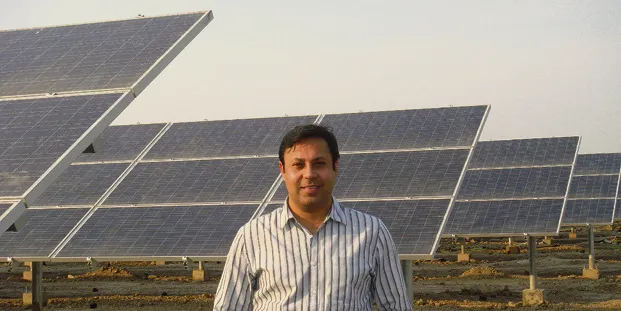Indian solar developer Azure Power seeks New York IPO
Azure Power, a leading solar developer and generator in India, has filed preliminary paperwork to raise up to $100m through an initial public offering on the New York Stock Exchange.

Azure Power, a leading solar developer and generator in India, has filed preliminary paperwork to raise up to $100m through an initial public offering on the New York Stock Exchange.
